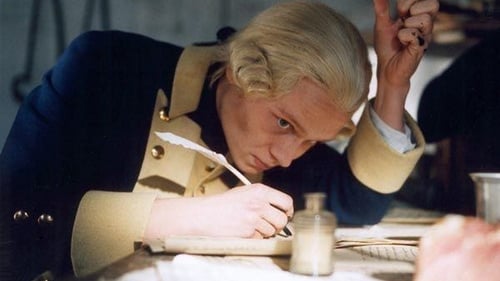Amadeus Nickelnagel (1932)
Género : Romance, Drama
Tiempo de ejecución : 11M
Director : Oktavijan Miletić
Sinopsis
About a gentle young man, a misunderstood poet whose printed poems the ruffians use to wrap sausages. His misfortune is that he falls in love with an independent young athlete, with a modern worldview, who is interested in sports rather than poetry. Amadeus follows the young woman, brings her flowers and gives her one of his poems, at which point she, instead of offering tenderness, challenges him to a boxing match.

Isabel Walker viaja a París para ayudar a su hermanastra Roxeanna, embarazada y abandonada por su marido, a afrontar el divorcio. Sin embargo, Isabel se enamora de un diplomático francés que resulta ser el tío del marido de Roxeanna. Esto provoca un escándalo y complica aún más las relaciones entre ambas familias. (FILMAFFINITY)
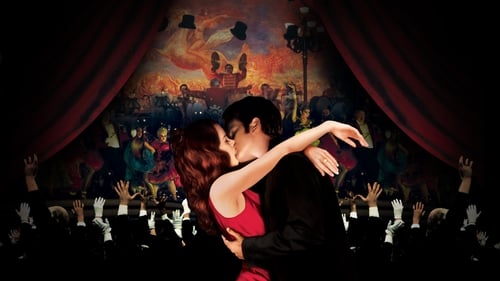
París, alrededor de 1900. El mundo ha sido conquistado por la revolución de Bohemia. Satine, la estrella más rutilante del Moulin Rouge, encandila a toda la ciudad con sus bailes llenos de sensualidad y su enorme belleza. Atrapada entre el amor de Christian, un joven escritor, y la obsesión del duque, lucha por hacer realidad su sueño de convertirse en actriz. Pero, en un mundo en el que vale todo excepto enamorarse, nada es fácil.
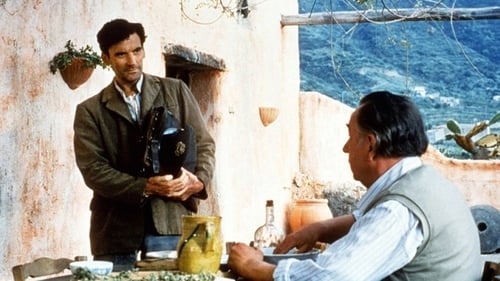
Mario (Massimo Troisi) es un hombre sencillo que acepta un empleo de cartero. Su trabajo consiste en llevar el correo a un único destinatario, el poeta chileno Pablo Neruda (Philippe Noiret), que vive exiliado en el pequeño pueblo italiano. Mario se siente fascinado por la figura de Neruda, y entre los dos hombres irá creciendo una gran amistad.
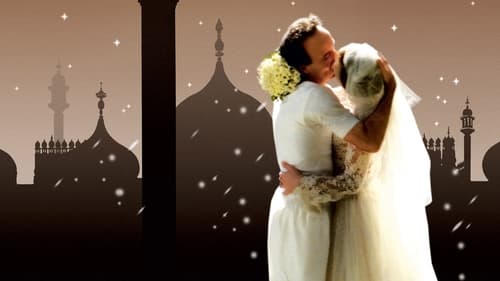
Attilio es poeta y profesor de literatura en la Universidad para Extranjeros de Roma. Estamos en 2003; la guerra de Irak está a punto de estallar, pero Attilio parece vivir completamente encerrado en su torre de marfil, donde sólo se oyen las sublimes voces de sus poetas preferidos. Goza de cierta reputación literaria; ha publicado recientemente su último libro de poemas, "El tigre y la nieve", que ha tenido una buena acogida tanto por parte de la crítica como por parte del público. De noche sólo sueña con Vittoria, una mujer con la que desea casarse. Lo malo es que ella no quiere saber nada de él.
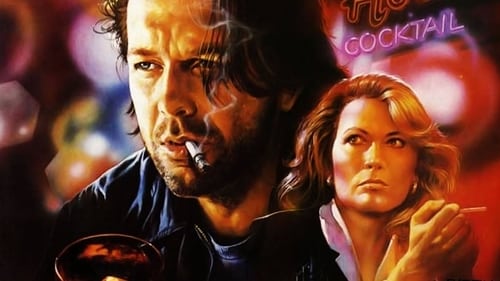
Henry Chinaski es un escritor alcohólico y genial que se pasa la vida en los bares. Su preferido es el "Golden Horn", frecuentado por un variopinto grupo de vagabundos, prostitutas y otros desechos de la sociedad. Henry se lleva muy bien con Jim, el barman de día, pero discute frecuentemente con Eddie, el barman de noche, un hombre iracundo y fanfarrón. Sus peleas son objeto de apuestas por parte de los clientes. Cuando Henry gana, gasta su dinero recorriendo los demás bares del barrio. Así es cómo conoce a Wanda, una mujer todavía bella y tan alcohólica como él

Biopic basado en la vida real del poeta Dylan Thomas, una de las figuras poéticas que remecieron la literatura inglesa de la primera mitad del siglo XX. Concretamente el film se centra en la relación a cuatro bandas que mantuvo el poeta con su mujer, con su amiga desde la infancia, Vera Philips y con el marido de ésta.

A dramatic recreation of Dylan Thomas' last tour of America, starring actor Bob Kingdom as the Welsh poet. Originally a successful stage production, the show was adapted for this recorded version by renowned actor Anthony Hopkins (in his directorial debut). Dylan Thomas was one of the twentieth century's greatest poets. He was born in the Uplands district of Swansea in 1914 and died in New York in 1953 at the age of 39. Towards the end of his life, Dylan Thomas toured America, performing his works before sell out audiences across the country. The film features the poems "Fern Hill"; "Do Not Go Gently into that Good Night"; "A Poem in October"; "And Death Shall Have No Dominion"; "A Story (The Outing)" and "Return Journey" .
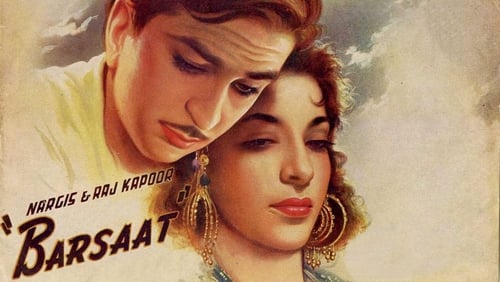
Two friends with opposite personalities, the rich but sensitive Pran and the womanizing Gopal both have affairs with two mountain girls while holidaying in the valley of Kashmir. While Pran and Reshma's love is true and reciprocated, Gopal is a womanizing villain, who disregards the faithful Neela and condemns her to wait faithfully for his return with the barsaat (rainy season).

This is the about the most admired poet in the History of Urdu and Persian writings, Mirza Ghalib

The 'Farmer Poet' Robert Burns, after a bad romance, pens "Auld Lang Syne" to much fanfare and courts high society at the expense of his blossoming relationship with beautiful Jean Armour. Soon a marriage is arranged for Jean, and Robby must race to her side before she is married off.
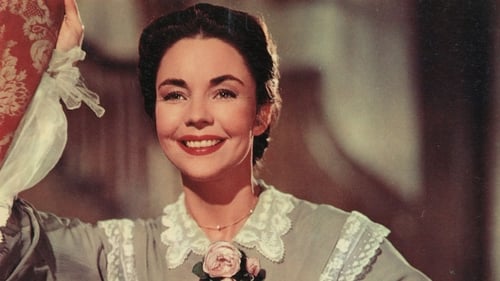
En la Inglaterra victoriana del siglo XIX, la joven poetisa Elizabeth Barret vive recluida en su casa bajo el estricto control de un padre tiránico. Sus desgracias se ven recompensadas cuando se enamora del poeta Robert Browning... Remake de un film de mismo título de 1934 con Norma Shearer y Charles Laughton.

Adaptación basada en la colección de artículos del mismo nombre del ganador del premio Pulitzer, el poeta CK Williams. La película combina la adaptación de 11 de los poemas para crear un viaje poético a través de la vida de William CK, que recorre varias décadas de su vida, desde su tierna infancia, a la adolescencia en Detroit en los años 40, y la década posterior de madurez en los 80. Allí será donde CK y su esposa Catherine se casan y tienen a su hijo Jed, mientras él pasa sus noches tratando de escribir nuevos poemas, atormentado por los recuerdos de su pasado. Un viaje por la memoria recordando los momentos centrales de su vida, llegando a experimentar y entender tanto su relación con el amor y la pérdida, y cómo encontró su vocación como poeta a través de las mujeres de su vida, todo ello gracias a una lectura de su obra en Nueva York.

The life of irreverent poet Gregório de Mattos, who lived in Bahia, Brazil, in the 17th century. Nicknamed Mouth of Hell, he used his transgressive poetry against the élite of the time.

The story is inspired by the comedy of the most famous Yugoslav playwriter Branislav Nušić. Žarko, a young poet is being chased by police for publishing an anti-regime poem. He hides in his friend Dušan's house, who introduced him to his parents and sister Zorica under the name of his old school mate, Vlajko Mićić. Love will develop between the false “Veljko” and Zorica, who admires Žarko’s poems. However, the poet does not reveal his true identity. Zorica’s parents notice the love between the two young people, and on the advise of their family friend secretly invite Vlajko’s father to come to their home.
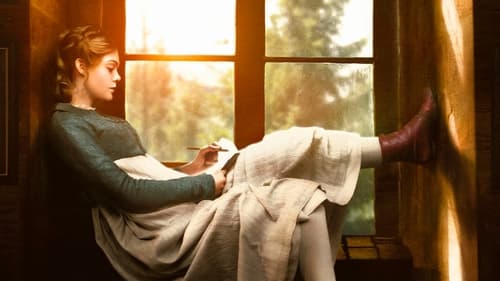
Será siempre recordada por ser la escritora que creó a Frankenstein. Criada por un filósofo de renombre (Stephen Dillane) en el Londres del siglo XVIII, Mary Wollstonecraft Godwin (Elle Fanning) es una adolescente soñadora decidida a dejar huella en el mundo. Un día conoce al brillante poeta Percy Shelley (Douglas Booth) con el que empezara una aventura amorosa marcada por la pasión y la tragedia, algo que transformará a Mary y la impulsará a escribir su obra maestra gótica.

A 1995 Opera Australia performance of Gilbert and Sullivan's classic operetta, recorded at the Sydney Opera House. Bunthorne, a poet worshiped by every lady he meets, loves only one woman: Patience. But Patience does not share the other women's fascination with Bunthorne. She loves Archibald, her childhood friend who is now also a poet.

The film tells the story of Pir Sultan Abdal, a famous folk poet in Turkey, who criticized some Ottoman governors, Hizir Pasha in particular and as a result was hung by him.

Stéphane Mallarmé is one of the many educational documentaries that Éric Rohmer did for the television during the 1960’s. At the beginning of the film, Rohmer states that he has placed in Mallarmé’s mouth words taken from an interview with the writer by Jules Heuret published in 1891.







